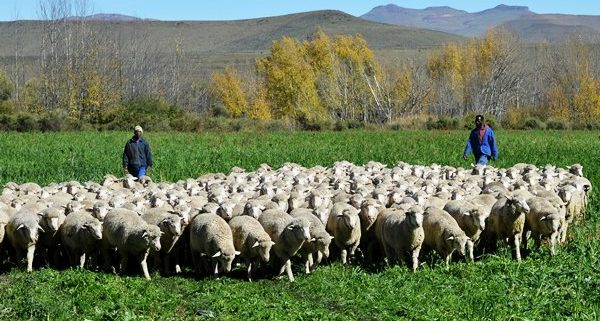Legacy and transition in the livestock sector – African Farming
There are about 40 000 commercial farmers in South Africa operating businesses with annual turnovers ranging from R1m to R10m and more. It is more difficult to determine the numbers of smaller scale emerging and subsistence farmers who turn over less than R1m a year but who are also important role players in agriculture.
The stories of successful commercial farmers, black and white, are often rooted in childhood memories of working with animals or tending to crops. Commercial farmer Gopolang Tladinyane from Brits in the North West herded goats as a child and says working with livestock is his first love, although crop farming is the primary activity on his farm.
The knowledge that aspiring young farmers gain from their farming fathers, mothers and grandparents is incredibly valuable and lays down a solid foundation for a successful farming career.
“Training is an essential part of succession planning. Involve your successors while they are young; educate them, give them the capacity they need to succeed in farming,” says Ratselane Marumo of animal health company Afrivet. Afrivet has invested heavily in creating training programmes that support emerging communal livestock farmers, teach them about herd and flock health, and strengthen their capacity to manage stock productively. The company models a working plan for succession as it focuses on the transfer of knowledge and expertise to the emerging sector.
Commercial livestock farmers have also been part of a positive process by providing opportunities to black farmers and helping them become part of the red meat value chain, where they can realise profits from their livestock. South African farmers possess a wealth of generational knowledge and many of them are actively passing on this knowledge. Black farmers who have shared their stories with African Farming have spoken with respect and gratitude of the mentoring, guidance and practical help offered by their white neighbours. These efforts form part of a greater succession strategy in which the country’s reforms stretch to the construction of a new and inclusive agricultural legacy that will secure a good future for all South Africa’s farmers.
To find out more, visit www.afrivet.co.za




Leave a Reply
Want to join the discussion?Feel free to contribute!